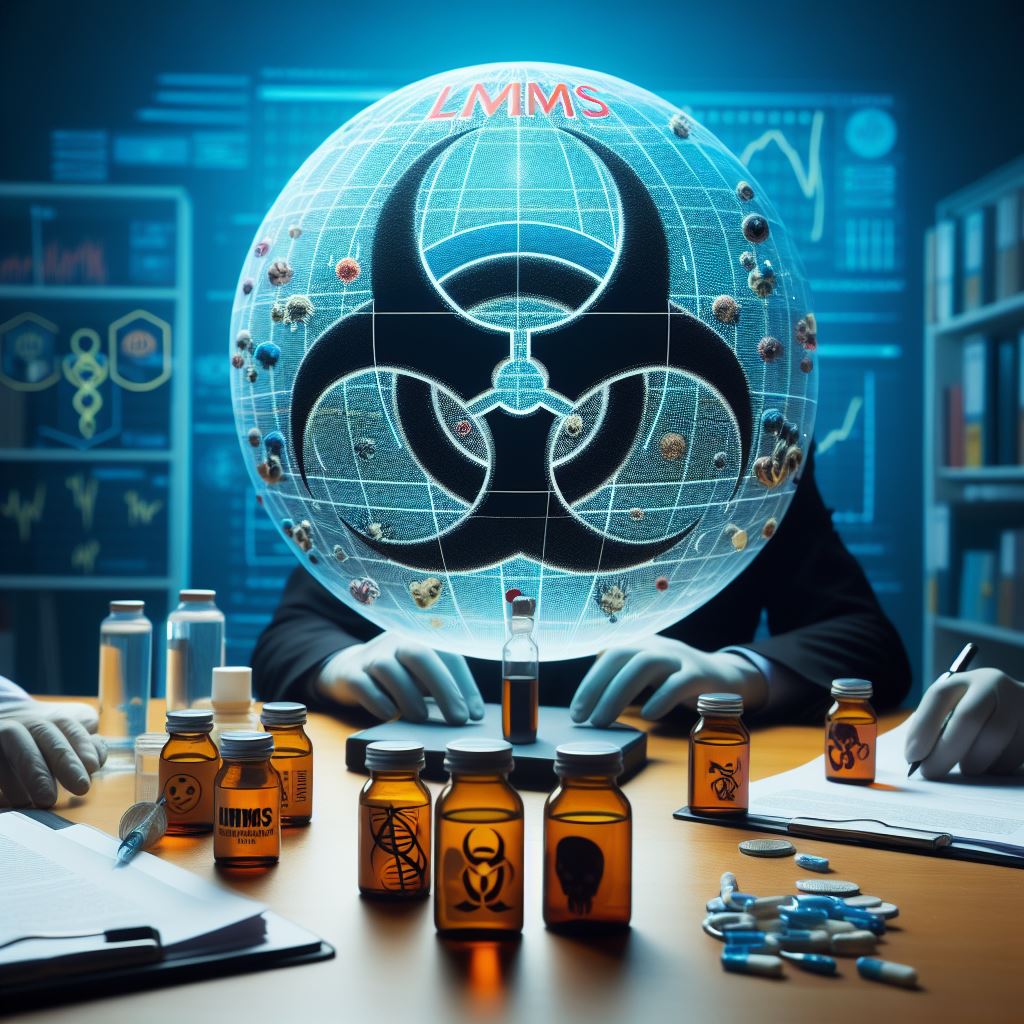WHO guidance on LMMs for health The World Health Organization (WHO) has released new guidance on the ethics and governance of large multi-modal models (LMMs), a type of generative artificial intelligence (AI) technology that can have various applications in the health sector. The guidance outlines over 40 recommendations for governments, technology companies, and health care providers to ensure the appropriate use of LMMs to promote and protect the health of populations.
LMMs are AI algorithms that can accept one or more types of data inputs, such as text, videos, and images, and generate diverse outputs not limited to the type of data inputted. LMMs are unique in their mimicry of human communication and ability to carry out tasks they were not explicitly programmed to perform. LMMs have been adopted faster than any consumer application in history, with several platforms – such as ChatGPT, Bard and Bert – entering the public consciousness in 2023.
“Generative AI technologies have the potential to improve health care but only if those who develop, regulate, and use these technologies identify and fully account for the associated risks,” said Dr Jeremy Farrar, WHO Chief Scientist. “We need transparent information and policies to manage the design, development, and use of LMMs to achieve better health outcomes and overcome persisting health inequities.”
The new WHO guidance outlines five broad applications of LMMs for health: Diagnosis and clinical care, such as responding to patients’ written queries; Patient-guided use, such as for investigating symptoms and treatment; Clerical and administrative tasks, such as documenting and summarizing patient visits within electronic health records; Medical and nursing education, including providing trainees with simulated patient encounters, and; Scientific research and drug development, including to identify new compounds.
While LMMs are starting to be used for specific health-related purposes, there are also documented risks of producing false, inaccurate, biased, or incomplete statements, which could harm people using such information in making health decisions. Furthermore, LMMs may be trained on data that are of poor quality or biased, whether by race, ethnicity, ancestry, sex, gender identity, or age. The guidance also details broader risks to health systems, such as accessibility and affordability of the best-performing LMMs.
LMMS can also encourage ‘automation bias’ by health care professionals and patients, whereby errors are overlooked that would otherwise have been identified or difficult choices are improperly delegated to a LMM. LMMs, like other forms of AI, are also vulnerable to cybersecurity risks that could endanger patient information or the trustworthiness of these algorithms and the provision of health care more broadly.
The WHO guidance provides a set of recommendations and best practices for the development, regulation, and use of LMMs in health care, based on the principles of human rights, fairness, transparency, accountability, and safety. Some of the key recommendations are:
LMMs should be developed not only by scientists and engineers, but also by health care professionals and patients, to ensure that they meet the needs and expectations of the end-users.
LMMs should be tested and validated on diverse and representative data sets, and their performance and limitations should be clearly communicated to the users.
LMMs should be subject to regular monitoring and evaluation, and their outputs should be verified and explained by human experts.
LMMs should be designed and used in a way that respects the privacy and confidentiality of the users, and that complies with the relevant laws and regulations.
LMMs should be subject to ethical review and oversight, and their developers and users should be held accountable for any harm or misuse caused by them.
WHO guidance on LMMs for health The WHO guidance also calls for more research and collaboration on the ethical and governance aspects of LMMs, and for the establishment of a global platform to share best practices and lessons learned. The WHO hopes that the guidance will help foster a responsible and beneficial use of LMMs in health care, and that it will contribute to the global dialogue on the future of AI and health.

